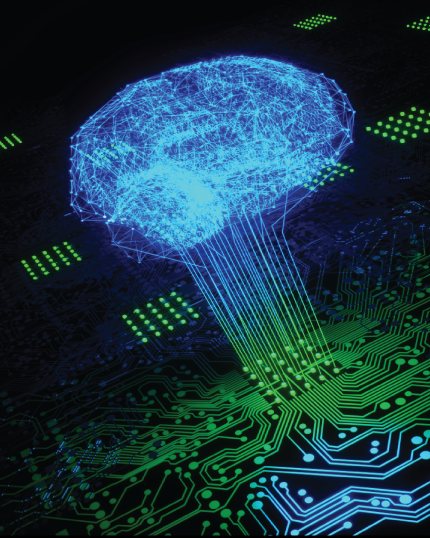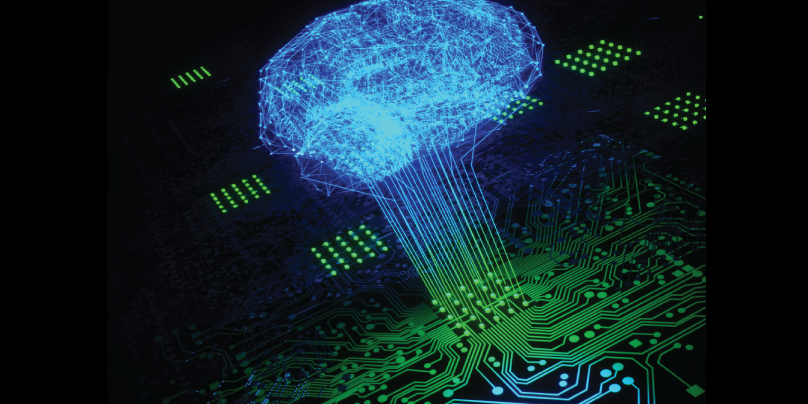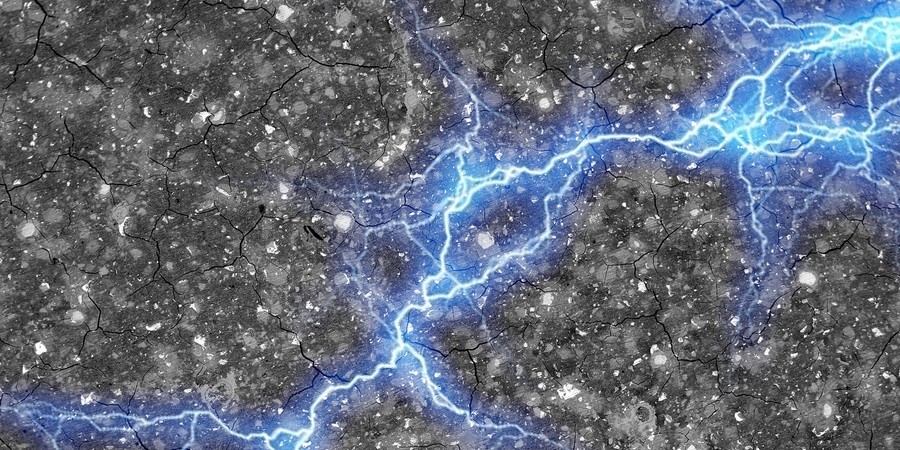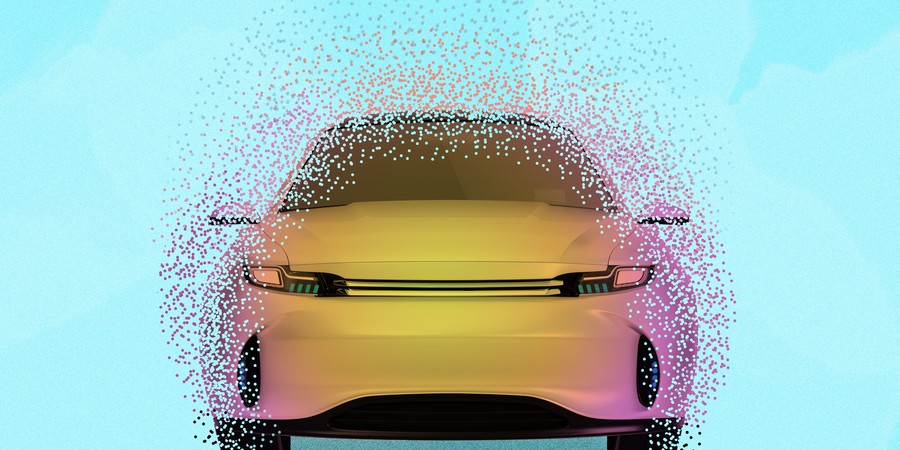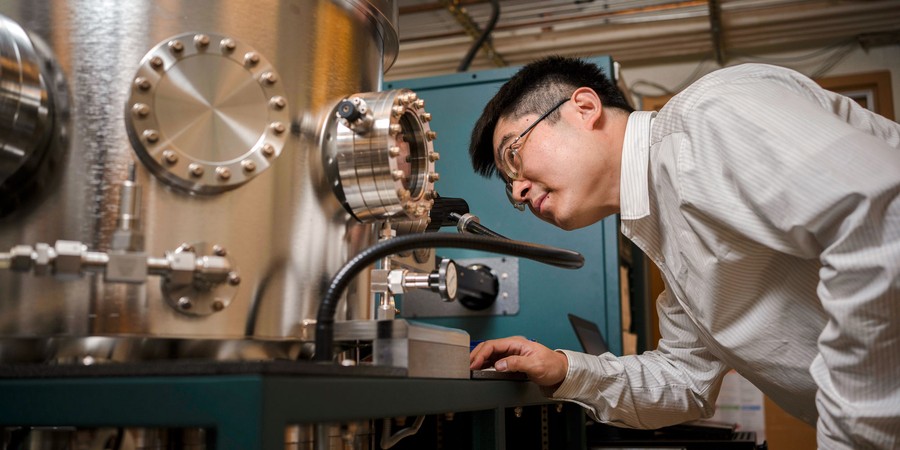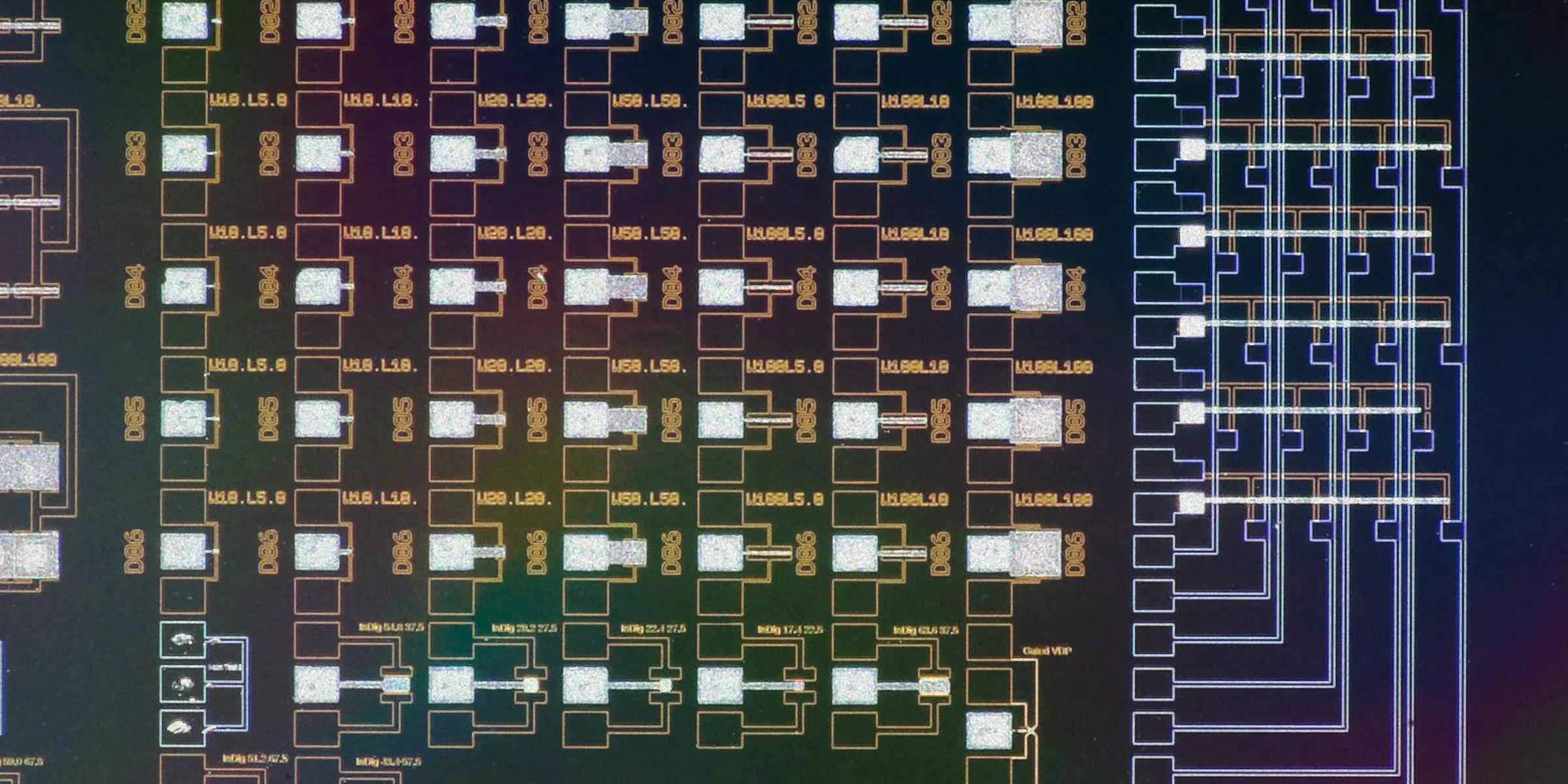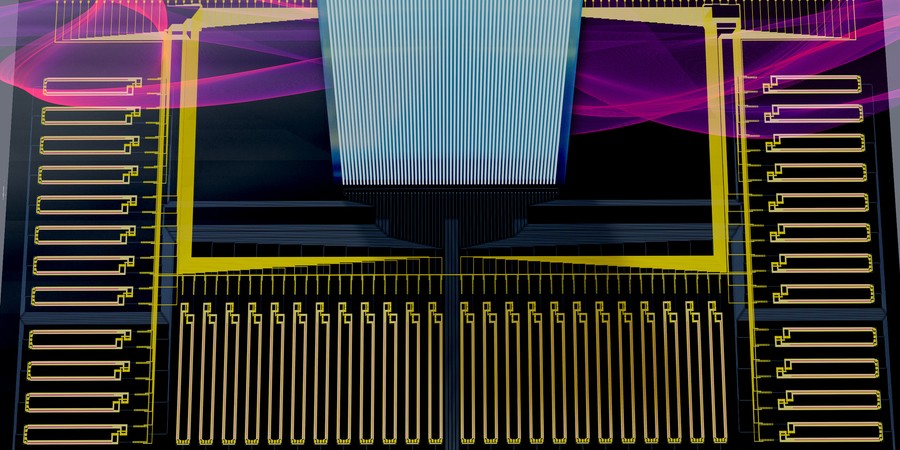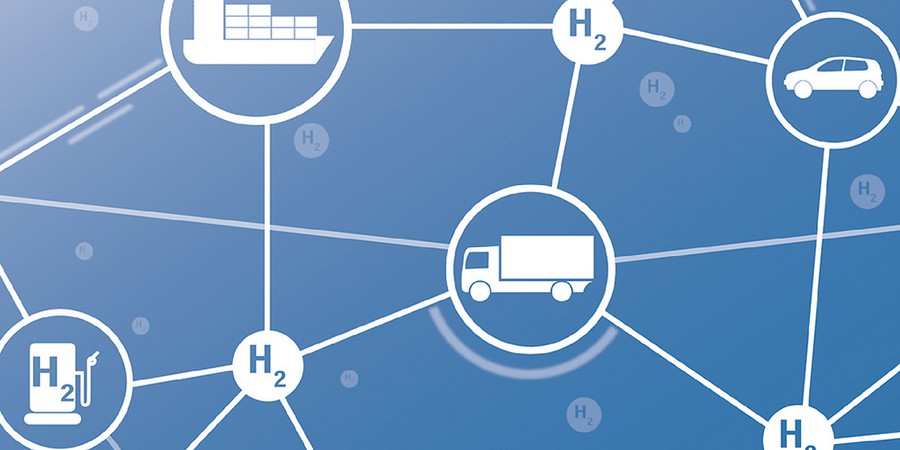Machine-learning System Based on Light Could Yield More Powerful, Efficient Large Language Models
Elizabeth A. Thomson | Materials Research Laboratory
MIT system demonstrates greater than 100-fold improvement in energy efficiency and a 25-fold improvement in compute density compared with current systems.
MIT Engineers Create an Energy-storing Supercapacitor from Ancient Materials
David L. Chandler | MIT News
Made of cement, carbon black, and water, the device could provide cheap and scalable energy storage for renewable energy sources.
Shivam Kajale of Nano-Cybernetic Biotrek Creates Awareness About the Urgent Need to Develop Environmentally Sustainable AI
Mark Grinstein-Camacho
The impending threat of large-scale computation to the environment often goes unnoticed in our software-orientated world.
A New Chip for Decoding Data Transmissions Demonstrates Record-breaking Energy Efficiency
Adam Zewe | MIT News Office
The chip, which can decipher any encoded signal, could enable lower-cost devices that perform better while requiring less hardware.
Computers that Power Self-driving Cars Could be a Huge Driver of Global Carbon Emissions
Adam Zewe | MIT News Office
Study shows that if autonomous vehicles are widely adopted, hardware efficiency will need to advance rapidly to keep computing-related emissions in check.
Putting a New Spin on Computer Hardware
Adam Zewe | MIT News Office
Luqiao Liu utilizes a quantum property known as electron spin to build low-power, high-performance computer memories and programmable computer chips.
Computing With Chemicals Makes Faster, Leaner AI
Dina Genkina | IEEE Spectrum
Battery-inspired artificial synapses are gaining ground, and analog electrochemical memory (ECRAM) arrays provide a prototype for artificial synapses in AI training.
Breaking the Scaling Limits of Analog Computing
Adam Zewe | MIT News Office
MIT researchers have developed a new technique could diminish errors that hamper the performance of super-fast analog optical neural networks.
Deep Learning with Light
Adam Zewe | MIT News Office
A new novel piece of hardware, called a smart transceiver, uses silicon photonics to accelerate machine-learning computations on smart speakers and other low-power connected devices.
3 Questions: Blue Hydrogen and the World’s Energy Systems
Turner Jackson | MIT Energy Initiative
Research Scientist Emre Gençer describes natural gas–based hydrogen production with carbon capture and storage, and the role hydrogen will play in decarbonizing our energy systems.

